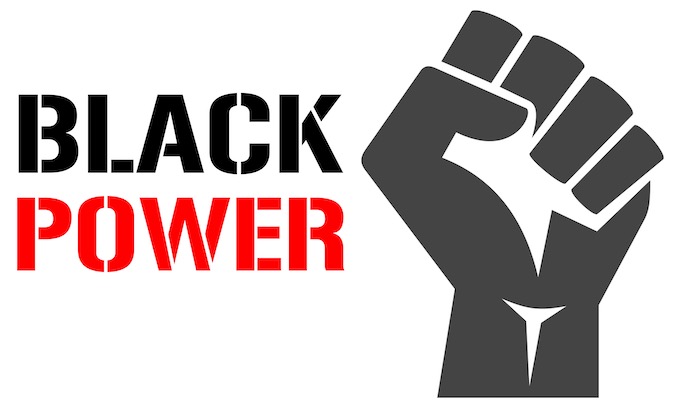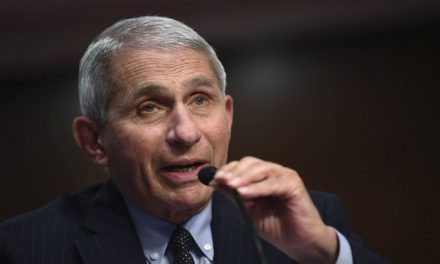As protests against the killing of Black men and women in police custody intensified across the country after the 2020 murder of George Floyd by an officer, a group of Black activists and civic leaders formed a coalition to make the case for reparations in Kansas City. Why? To convince the city to atone for the historic and systemic wrongs that harmed Black Kansas Citians and played a role in the cavernous wealth gap between races that exist still today.
Now, two years later, two City Council members — Melissa Robinson and Katheryn Shields, on behalf of the KC Reparations Coalition — are proposing an ordinance that would create a 15-member Mayor’s Reparation Commission to join other U.S. cities seeking to identify the harms and injustices done, and the injury they caused.
We know the mere mention of reparations makes for a controversial conversation. But others have already done much of the work elsewhere making the argument that the legacy of racism has impacted Black Americans in lingering, measurable ways. Because of that, we desperately need an accounting here to assess and calculate the harm done to Black families in Kansas City.
A city-backed commission could take that deep dive into this topic and help all of us understand more precisely in what ways our institutions — government, schools, courts, businesses and health systems — played a role in racism, and then quantify the financial and social consequences.
Formation of such a commission is in line with the national reparations movement and Mayors Organized for Reparations and Equity, which Mayor Quinton Lucas has signed on with.
In February, when after a 30-year attempt, the U.S. House of Representatives finally passed a bill launching a national commission to look in to possible reparations, Rep. Sheila Jackson Lee, a Democrat from Texas, explained: “Reparations is about repair and when you repair the damage that has been done, you do so much to move a society forward. This commission can be a healing process. Telling the truth can heal America.”
Here in Kansas City, we need that healing. And to get it, we need the truth, not just from the hardworking activists who have put this ordinance on the table, but from a city-appointed commission carefully chosen for rigor, fairness and thoroughness.
Sometimes such clear-eyed scrutiny has led to new investments aimed at evening the financial and educational playing fields. Sometimes it has even meant generous financial compensation, as in how Germany responded to Holocaust victims. Chile and Argentina, because of human rights harm caused during brutal dictatorships, also made comprehensive reparation through pensions and scholarships.
If Kansas City were to move forward with reparations — a question best answered after the commission completes its work — it would not be the first city to take action. It would be among the early cities that have done so, including Evanston, Illinois; Ashville, North Carolina; Providence, Rhode Island and St. Paul, Minnesota.
In January, Evanston, based on the work of its commission, gave its first reparations through its Restorative Housing Program to 16 people. The program acknowledges the harm caused to Black residents due to discriminatory house polices and city inaction from 1919-1969. Recipients were given $25,000 to be used for home down payments, mortgage payments or home repairs.
Whatever final decisions are made about remedies, a reparations commission is the essential first step. In a 2015 interview with Yes! Media, a nonprofit publisher of solutions journalism, the now late Bishop Desmond Tutu, famed for his role in the dissolution of South African apartheid, said, “It takes incredible courage to go through the process that will lead you to reconciliation.”
The Kansas City ordinance begins with an appropriate and long overdue apology for the city’s “participation in the sanctioning of the enslavement of Black people and any historical enforcement of segregation and accompanying discriminatory practices against Black citizens of Kansas City.”
Passage of this ordinance would only begin the courageous, restorative justice process by creating a commission to study the possibilities of engaging in what other cities and our nation have already begun.
So yes, bring on the commission. Bring on the truth, whatever it reveals. Of course, it’s the right thing to do. It’s also the wise thing to do.
©2022 The Kansas City Star. Visit kansascity.com. Distributed by Tribune Content Agency, LLC.
—-
This content is published through a licensing agreement with Acquire Media using its NewsEdge technology.



















blacks have already been compensated.
do i have to spell it out for you?
Reparations and civil war, one and inseparable. Reparations by Germany for the Holocaust were mentioned. Unlike the proposals in the US, German payments were directed at those contemporary to the event, including survivors, not descendants long after the fact. Germany also aimed its policies at improving international relations.
How’s about reparations from Japan for Pearl. OR from Saudi for 9/11…